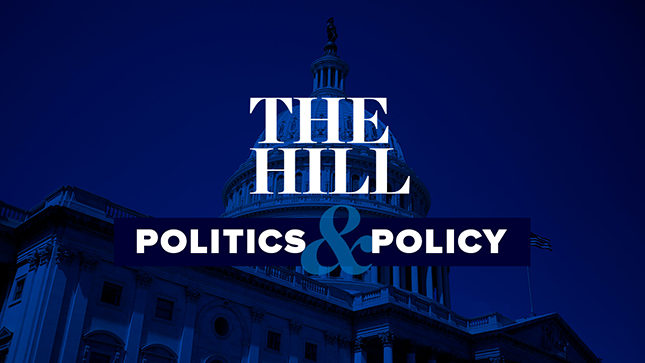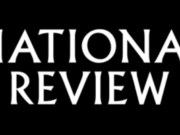This piece originally appeared in The Hill on March 5, 2019.
Pop quiz. Which presidential candidate received the most support from the little guy who chips in a few dollars to help elect his favorite politician? Hillary Clinton? Bernie Sanders? Barack Obama? None of the above? The answer is Donald Trump. His 2016 campaign had raised more money from small donors, in both raw dollars and percentage terms, than both Obama campaigns. Support from small dollar donors for Trump was greater than the support from small dollar donors for Clinton and Sanders combined.
Now imagine what candidates could do if every dollar they received from small donors was matched with six dollars by the federal government. If the first House resolution pushed by Nancy Pelosi and her majority were to become law, this matching fund scheme would become a reality for House candidates. The bill is a massive collection of Democratic policies and includes radical changes to campaign finance laws. Among these is a six to one matching fund program for small donations. Under this system, regardless of your politics, some of your money goes to the campaign coffers of all participating candidates regardless of their political party.
At first glance, public funding for politicians might look attractive. By giving this money to candidates, you can counter influence from large donors. Perhaps then lawmakers will be more receptive to constituents. Maybe outsider candidates will have a better shot at getting elected to office. Unfortunately, that is not how these systems work in practice. Over the past decades, states and cities have experimented with various schemes to give politicians government money for their campaigns.
The results have ranged from maintaining the status quo to making the system significantly worse. These programs do not increase the diversity of elected leaders, do not reduce the influence of “special interests,” and do not cut back the power of incumbents. One thing the matching fund scheme will do is empower the more polarizing and partisan candidates.
If you look a little more closely, this makes intuitive sense. Why would an average person donate to a wealthy politician running a multimillion dollar campaign instead of donating that money to the local fire department or homeless shelter? The donor must be incredibly passionate about that candidate, and the donor must be certain that the ideas of that candidate are the right ones for the country. Caring deeply about politics is great, but it does lead to more partisan views. Small donors are more extreme.
How do politicians appeal to these deeply partisan voters? They use an emotional message aimed at getting their core supporters to part with their money. Of course, everyone is susceptible to heated appeals. But incentivizing politicians to compete for that big government check will exacerbate the trend. Incumbents will alter their messages to be less policy focused and more ideologically rigid. Candidates with extreme messages will have significantly more money to promote their views.
Moreover, matching fund schemes diminish the role of political parties, which are key moderating forces. Candidates with plenty of cash thanks to this system are less reliant on party support, and donors have less incentive to give to the parties. This also open avenues for additional corruption. In New York, which has a similar system, the 2013 mayoral race tilted with a controversial decision to deny a leading candidate matching funds. In Los Angeles, another city with this system, a 2015 candidate was caught making up donations to collect the big check.
The winners from this kind of matching fund system would likely be the Republicans and Democrats most ardently committed to extreme factions of their base, those who jump into the political fray with celebrity status, those least ethical and least connected to moderate wings, and those who sell themselves in the most bombastic possible way. The losers will likely be the Americans who want a reasonable sober crop of representatives.
Everyone wants Washington to work better. The way our government runs today is a mess and Americans are rightly tired of it. But a matching fund program will do nothing to address this. It could well make things worse by giving more success to the loudest and most extreme candidates who can best capitalize on the emotions of their base. Ironically, the first bill introduced by Democrats could thus lead to more candidates like Trump.














